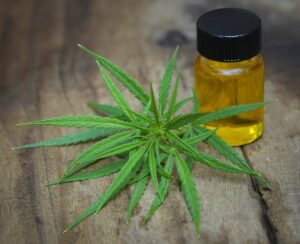Medical researchers have confirmed what some desperate parents have been claiming for years—that a nonpsychoactive component of marijuana known as cannabidiol (CBD) can reduce epileptic seizures in some children.
Published in The New England Journal of Medicine, the findings stem from a double-blind, placebo-controlled study—the most scientifically rigorous type of investigation possible. “This study clearly establishes cannabidiol as an effective anti-seizure drug for this disorder and this age group,” says principal investigator Orrin Devinsky, director of the Comprehensive Epilepsy Center at New York University Langone Medical Center. “It certainly deserves to be studied in other types of epilepsy.”
A total of 120 children and teenagers with Dravet syndrome—a rare disorder marked by drug-resistant seizures that can be nearly continuous in some cases—were part of the study. They were divided into an experimental group, which received the test drug, and a placebo group, which was given a medically inactive compound. Over the course of 14 weeks the youngsters receiving CBD experienced a median number of 5.9 convulsive seizures per month (down from 12.4) compared with 14.1 convulsions per month (down from 14.9) for the placebo group. The new findings are consistent with previous, less-stringent studies of the same drug, a compound called Epidiolex, made by U.K.–based GW Pharmaceuticals. (GW funded the new study.)
